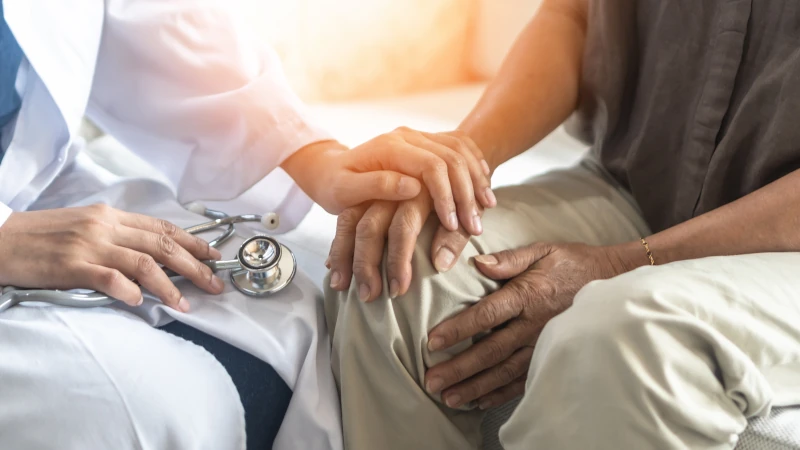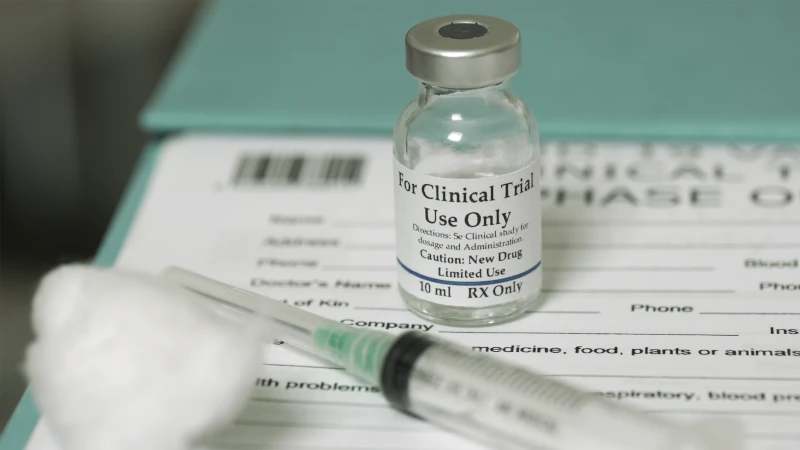Featured Article
Surviving Turkey Day the Diabetic Way

Turkey day scenario: One person whispers “I’ll bring the sweet potatoes”, another says, “I’ll bring the pecan pie”, and before you know it, they ask you the diabetic in the room what do you want to bring? As a diabetic to avoid the turkey day spotlight, you most likely respond with the diabetics’ safe answer, “plates and forks”. Cue the guide that helps you survive turkey day, the diabetic way! Perhaps, this will be the year you not only survive your feast, but you find your next favorite Diabetically conscious thanksgiving treat that allows you to show off your culinary skills without having to risk your health in the process.
Here are the facts:
- About every 1 out of 10 individuals have diabetes with an average of 90-95% having type II diabetes. *(All about Type-2 Diabetes (Centers for Disease Control and Prevention) *
- While type II diabetes usually develops in people over the age of 45, more and more diabetic onsets are occurring within early childhood years due to: DIET.
You may be asking yourself how can I manage my diabetes, especially with the upcoming holiday feasts? There are many resources available at your fingertips, but to make things a bit easier (because honestly who doesn’t love easy), I wanted to round up some helpful tips and hints to a healthier you this holiday season! The diet and exercise advice comes a dime a dozen, but what do you do when diet and exercise just don’t fit your current lifestyle situation? Let’s take a closer look of how to navigate the Turkey Day waters safely.
Turkey Tips:
- According to Arguello (a health sciences clinical instructor in the division of endocrinology, diabetes and metabolism at UCLA School of Medicine.), “A lot of times people with diabetes will try to save themselves for the big meal and by the time the turkey is ready, they are so famished that they end up overeating.” To help avoid your blood sugar plummeting, eat small frequent meals throughout the day which in turn helps to prevent overeating later in the day.
- Bring your own pre-portioned and diabetic-friendly food.
- Drink lots of water. Water will not only keep you hydrated but is always a great choice when trying to manage blood sugar levels.
- Take your medications on schedule.
- Listen to your body, only you know when your blood sugar starts falling or is too high. Keep your glucose monitor on hand and ready to go.
So, what exactly should you bring to your Thanksgiving potluck? Here are some practical diabetic-friendly recipes to try this year:
- “Our 20 Best Diabetes-Friendly Thanksgiving Recipes”
- Orange Baked Ham-easy baked with only 5 essential ingredients!
- https://www.eatingwell.com/gallery/7921945/best-diabetes-friendly-thanksgiving-recipes/
- “32 Diabetes-Friendly Holiday Recipes”
- Place sweet potatoes, brown sugar, butter, vanilla, salt, pepper, cinnamon and nutmeg in a 5- to 6-quart slow cooker. Stir to coat. Cook on High for 3 hours.
- https://www.foodnetwork.com/healthyeats/recipes/2012/12/32-diabetes-friendly-holiday-recipes
In conclusion, there are many things that you can do to help make your Thanksgiving a safe and healthy one. By following these simple tips, you can enjoy all the great foods that come with this holiday without having to worry about your blood sugar levels ruining the festivities.
Happy Thanksgiving!
In The News

Synergyst Research Group / Discovery Clinical Trials Honored for Third Year in Row On Inc. 500|5000

Doctors’ group teams up with trial firm – Dallas Business Journal

Synergyst spin-off is on a fast-track path - San Antonio Business Journal
Articles
Discovery Clinical Trials Featured in Yahoo Finance: Elevating Healthcare Through Clinical Research
We are thrilled to announce that Discovery Clinical Trials has been featured in an article by Yahoo Finance, highlighting our dedication to advancing healthcare through innovative clinical research. This recognition…
Navigating the Future: The Role of Clinical Research in Medicine
John was diagnosed with a form of debilitating osteoporosis. Despite taking medication and making lifestyle changes, his condition continued to worsen. One day, his doctor told him about a new…


